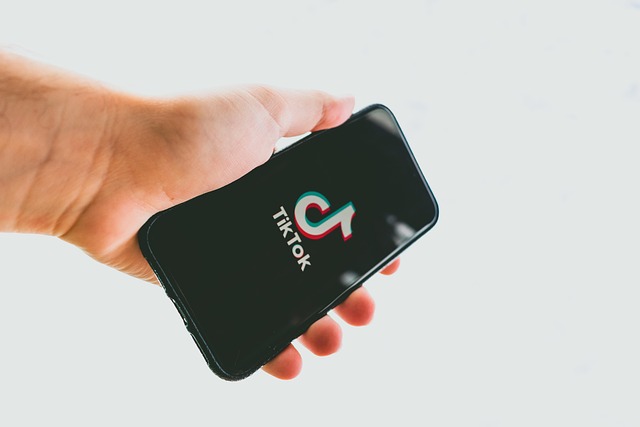In today’s world, social media is an omnipresent force, influencing many aspects of our lives, including our relationships. As platforms like Instagram, TikTok, and Facebook weave their way into the fabric of our daily routines, they have begun to shape our relationship expectations in profound ways. What was once a realm of personal interactions has transformed into a showcase, often leaving individuals grappling with unrealistic standards and comparisons.
Firstly, let’s explore the impact social media has on how we perceive relationships. The curated lives and highlight reels we encounter online create an illusion of what a ‘perfect’ relationship should look like. Couples displaying their romantic getaways, intimate moments, and even mundane activities can lead us to feel inadequate about our relationships. We find ourselves asking, “Why don’t we have that chemistry?” or “Are we not doing enough to keep the spark alive?” This constant comparison can breed discontent and raise unrealistic relationship expectations.
Additionally, social media can blur the lines between public and private life. The need for validation through likes, comments, and shares can create pressure on partners to perform rather than just be. When a significant milestone in a relationship is celebrated online, there’s often an expectation to match or exceed those moments regularly. Couples may feel compelled to post their every adventure, inadvertently placing external pressure on their relationship. The joy of genuine connection sometimes gets overshadowed by the desire for social acknowledgment, which can lead to misunderstandings and resentment.
Moreover, the digital landscape often fosters miscommunication. Text messages can be quickly misinterpreted, the tone of a comment can be misunderstood, and emotions can be easily lost in translation. When these mishaps occur, it’s all too tempting to take to social media to air grievances or seek sympathy, complicating the dynamics of the relationship further. This endless cycle makes it increasingly challenging to establish clear and healthy relationship expectations.
So how do we navigate these complexities? Open and honest communication remains invaluable. Couples must create a safe space to discuss their experiences and feelings about social media. Setting boundaries on how much time is spent online or what aspects of their relationship are shared publicly can help alleviate some of the pressures. Additionally, couples may find it beneficial to regularly check in with each other to ensure that both partners feel valued and understood, regardless of what they see trending online.
Ultimately, it’s essential to remember that every relationship is unique, and comparing ourselves to others can distract us from recognizing the beauty and joy in our own experiences. Social media, while a tool for connection, should not dictate our relationship expectations. By focusing on communication, understanding, and acknowledging that the ‘perfect’ relationship does not exist, we can approach our connections with authenticity and sincerity, fostering a healthier and more fulfilling relationship experience.




